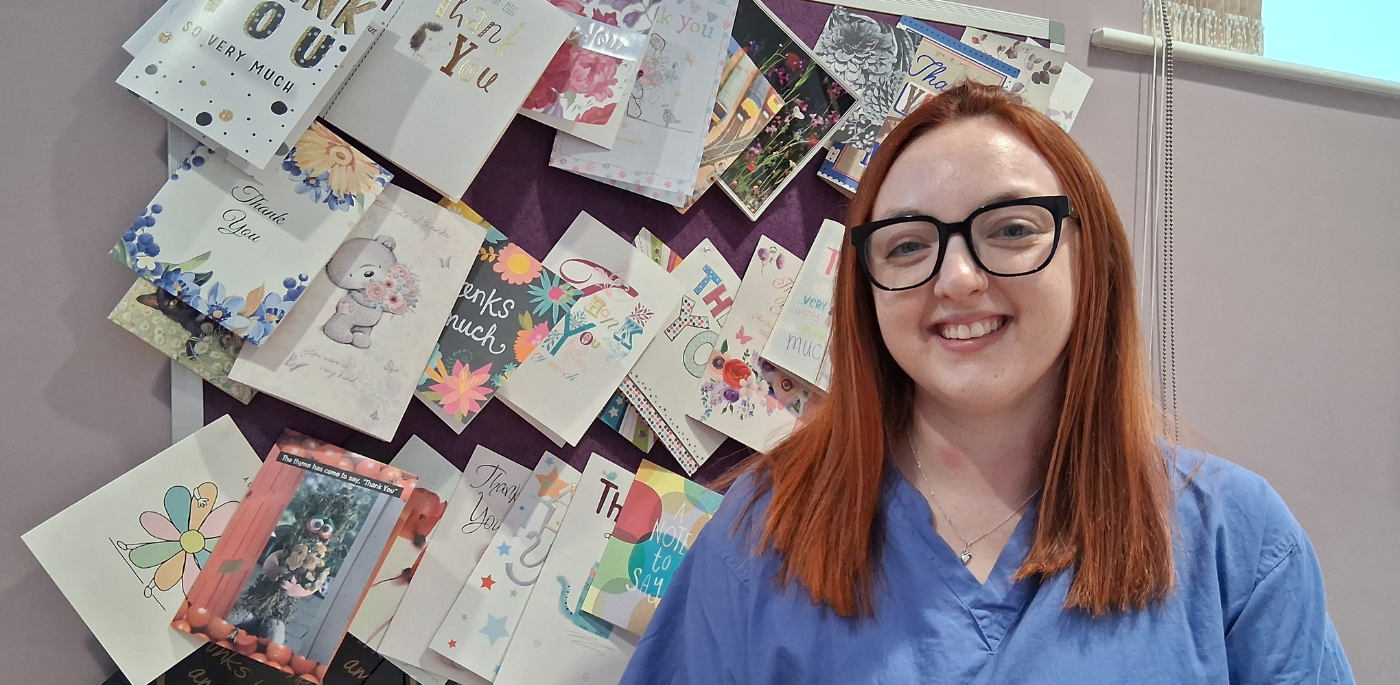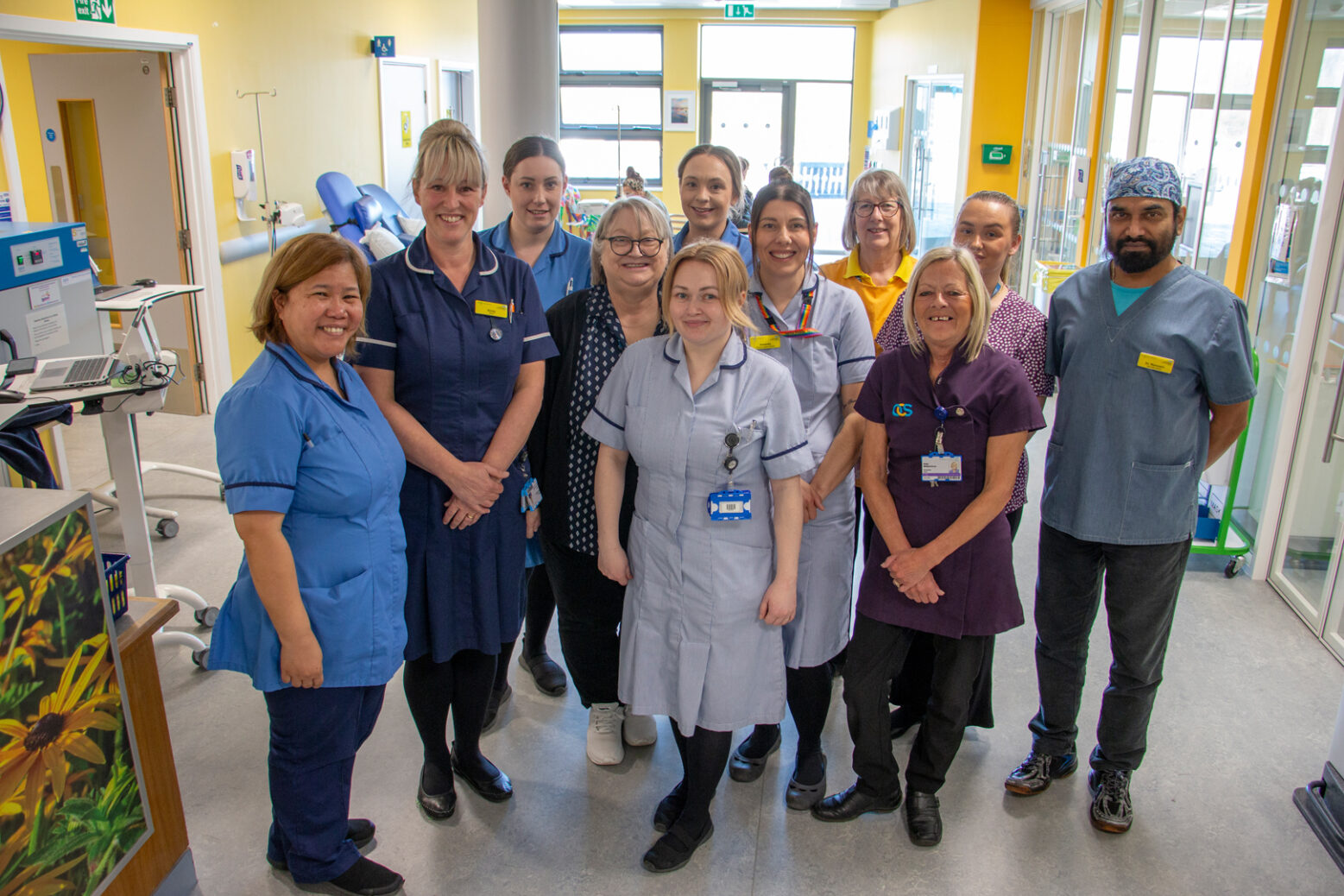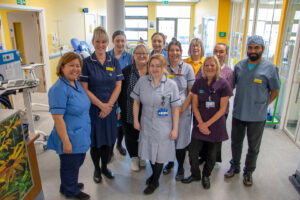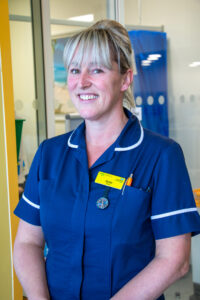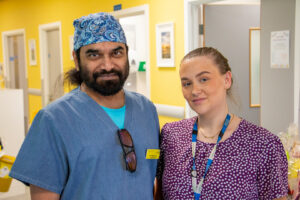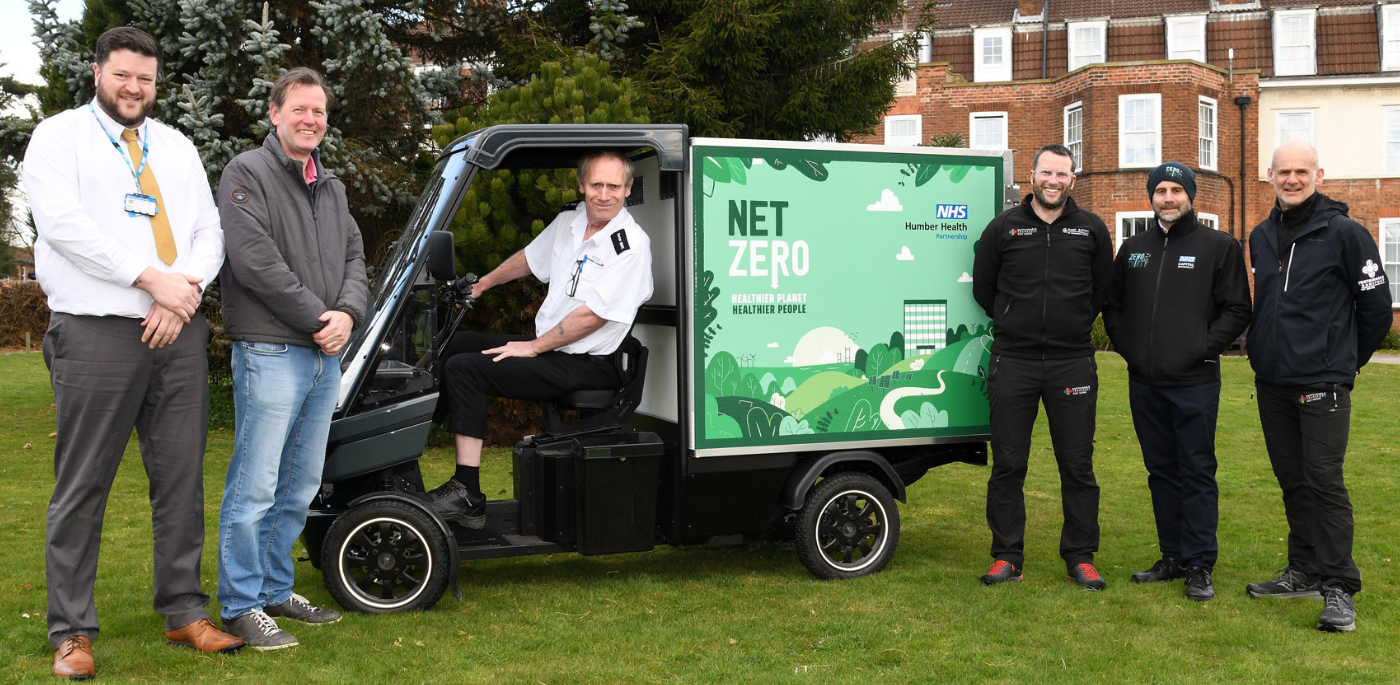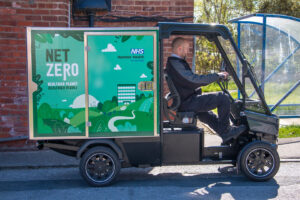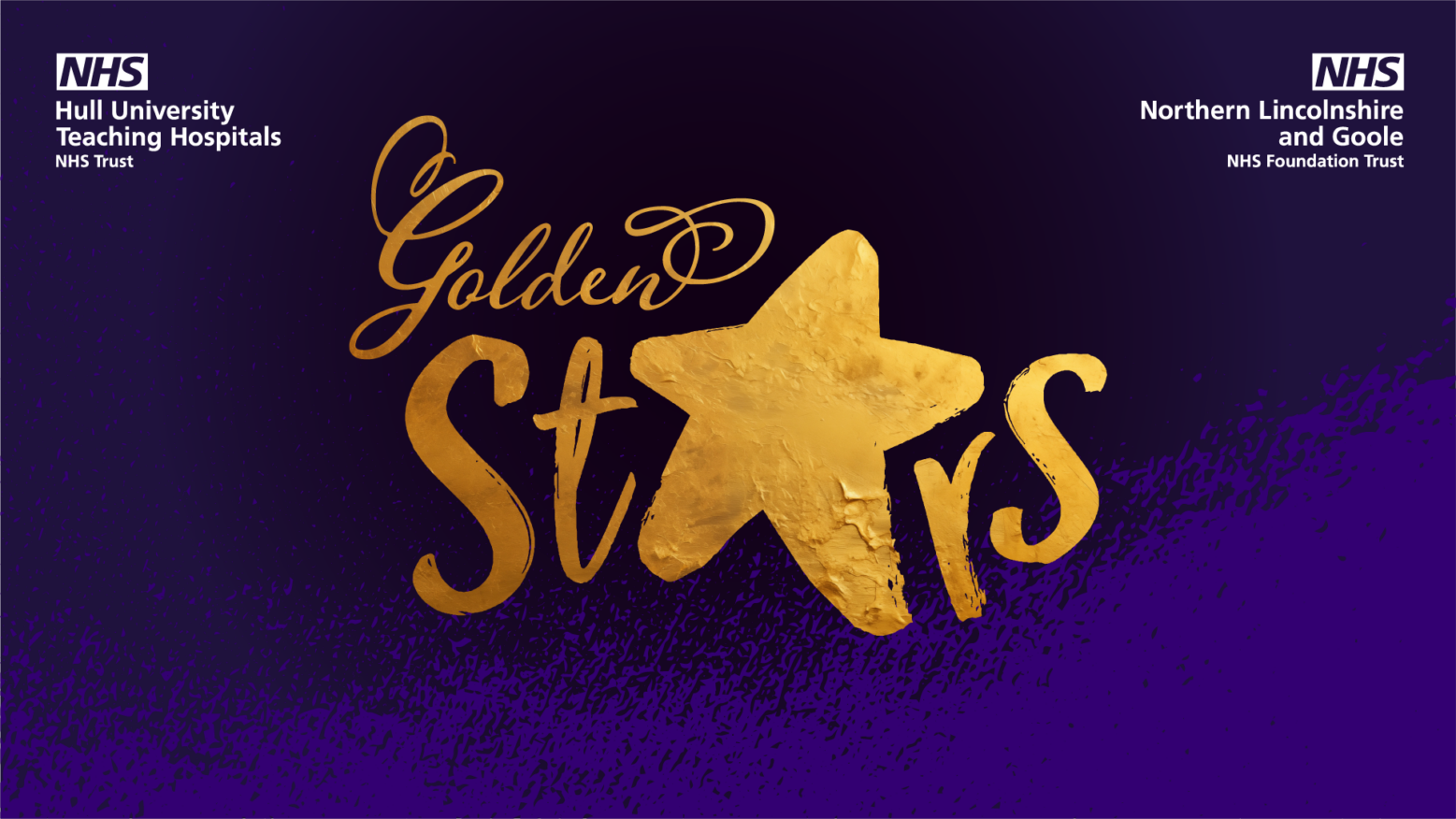Months spent as a young volunteer helped Mortuary Support Worker, Emma, land her dream role – before she’d even finished her degree
Hospital scrubs weren’t quite the career uniform that 24-year-old Emma Hooker originally had in mind.
Starting her BSc (Hons) Forensic Sciences degree in 2022, she had her sights set on the joining the police to specialise in crime scene investigation.
But a second year module and a chat with her lecturer set Emma off on a different path which has now landed her a job before her degree’s even done, as she explains:
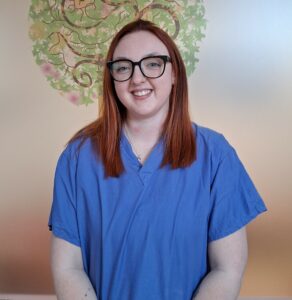
Volunteering opened the door for Emma
“I’m currently in the final year of my degree in Forensic Sciences at the University of Hull; I started my course three years ago because I had my heart set on becoming a CSI. I thought my character traits would be perfect for it; I’ve a curious nature and I’m rarely able to rest until a problem is solved.
“Then in my second year, I sat the Human Anatomy module and my whole outlook changed; I found my passion. I spoke to my lecturer, Sean Frost, who had worked in biomedicine at Hull Royal Infirmary, and he told me all about the careers within the mortuary team, and I was inspired. I just knew it was what I wanted to do.”
Emma reached out to her local hospitals for further advice and to enquire about ways of gaining experience in this somewhat unusual line of work.
“In June 2024, within just a few weeks of enquiring, I began volunteering as a Young Health Champion within Mortuary and Bereavement Services,” she continues.
“I gained experience in everything imaginable; I got to learn more about the processes and legal practices involved with a death, I was able to help with the admission and release of deceased patients, and I helped arrange viewings for families who wanted to come and say goodbye to a loved one for the last time.
“Then a job came up as a Mortuary Support Worker at the end of last year and I felt I just had to go for it. I feel lucky that I’ve been able to take up the role and carry on studying at the same time, but volunteering definitely set me on the right path. I felt more confident applying, and then stepping into the role, because I’d already gained experience in this area and I’d learned lots about the various processes and systems.
“It was really reassuring that I knew lots of the staff too, so when I started as an official employee, I could hit the ground running. My first day in post felt bizarre as I had technically already been there for seven months!
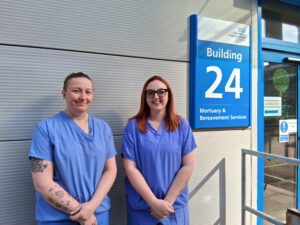
Emma (right) and her colleague Katie Pratt at HRI
“Although I’d never really considered a mortuary-type career before, I feel this is actually where I was meant to be. I now get to work in a role which is interesting, fulfilling, and no two days are ever the same. It’s a privilege to able to look after people on their final journey and to try and make the experience of families and loved ones that little bit easier.”
Emma’s advice to anyone who’s thinking of volunteering to supplement their academic studies is to go for it.
“Studying is always beneficial, but seeing a role in action and getting hands-on is completely different to learning about it in a classroom or from a textbook.
“Being a volunteer helped put all my learning into perspective, as I was seeing real-life examples of what I was learning at university and I was able to apply the knowledge that I had gained. It also helped me gain experience of dealing with people and families at one of the most difficult times of their lives and, to some extent, that’s something you can only learn on the job as you go.
“Understanding and being able to implement knowledge is very different; my volunteer role definitely helped me achieve this.”
Emma is due to conclude her degree course and graduate in July 2025.
Rachael Hardcastle-Pearce, Group Head of Voluntary Services for NHS Humber Health Partnership says:
“Emma was an amazing Young Health Champion, always dedicated to her volunteering which then enabled her to follow her dream; she’s a great alumni for the now Humber Health Champions.
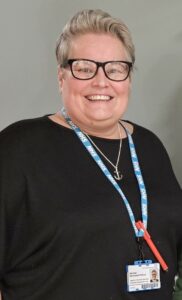
Rachael Hardcastle-Pearce, Group Head of Voluntary Services
“The Humber Health Champions Scheme gives young people aged 16 to 25 who are looking for a career in health the kind of insights and experience you just wouldn’t get in a classroom.
“Young people come to us for many reasons; sometimes they have a clear career path in mind and want experience in a certain type of work, while others have a rough idea of what they want but need to try different things and find out what really makes them tick before making any decisions.
“Volunteering as a Humber Health Champion really serves as a passport around the NHS, enabling young people to learn more about different health roles and work in different areas to see which interests them most. At the same time, the scheme is helping us inspire the next generation of healthcare professionals and shoring up hospital services for the future by growing our own staff locally.”
A total of 642 people currently volunteer across hospitals in Hull, Cottingham, Grimsby, Goole and Scunthorpe, and almost half of those (289) are young people aged 16 to 25.
Almost 3,000 young people have given their time through the hospitals’ youth volunteer scheme since it was established 10 years ago.
If you or someone you know would be interested in becoming a Humber Health Champion, please contact the Voluntary Service Team on 07443 187097 or email hyp-tr.huth.volunteers@nhs.net

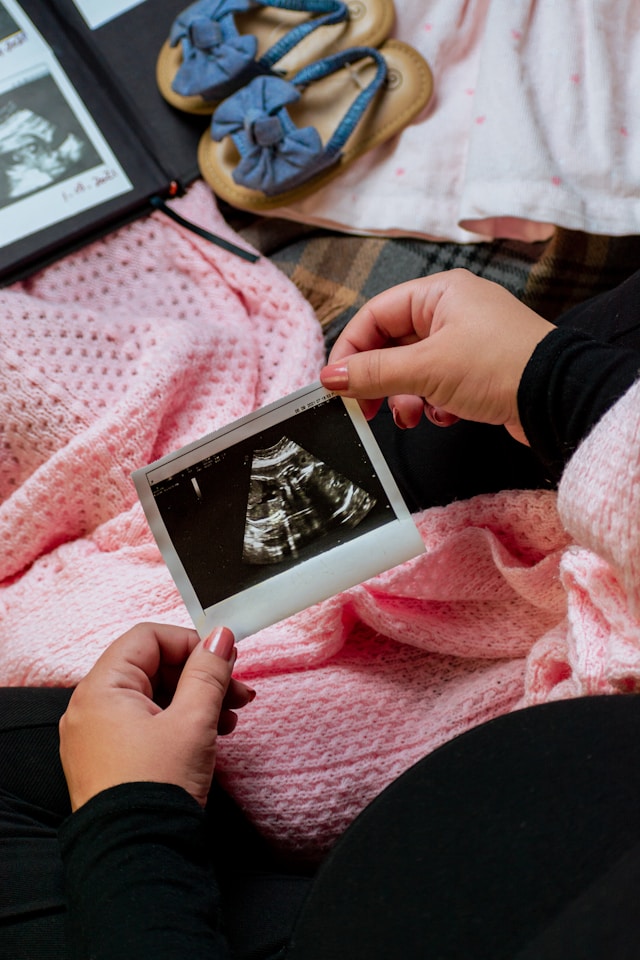
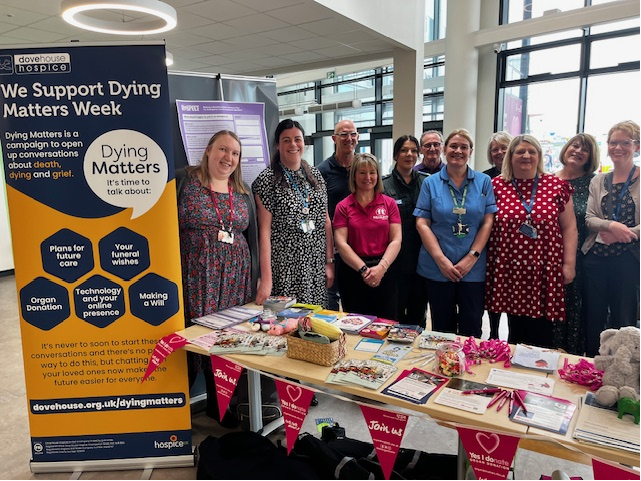
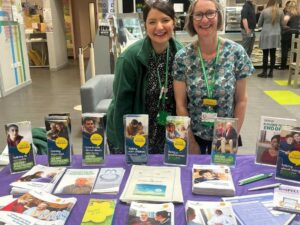
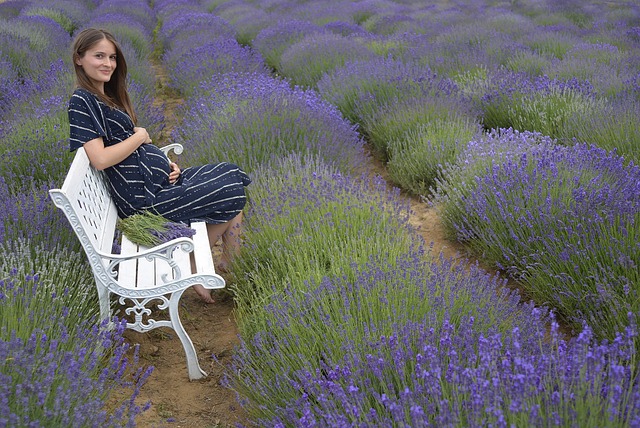
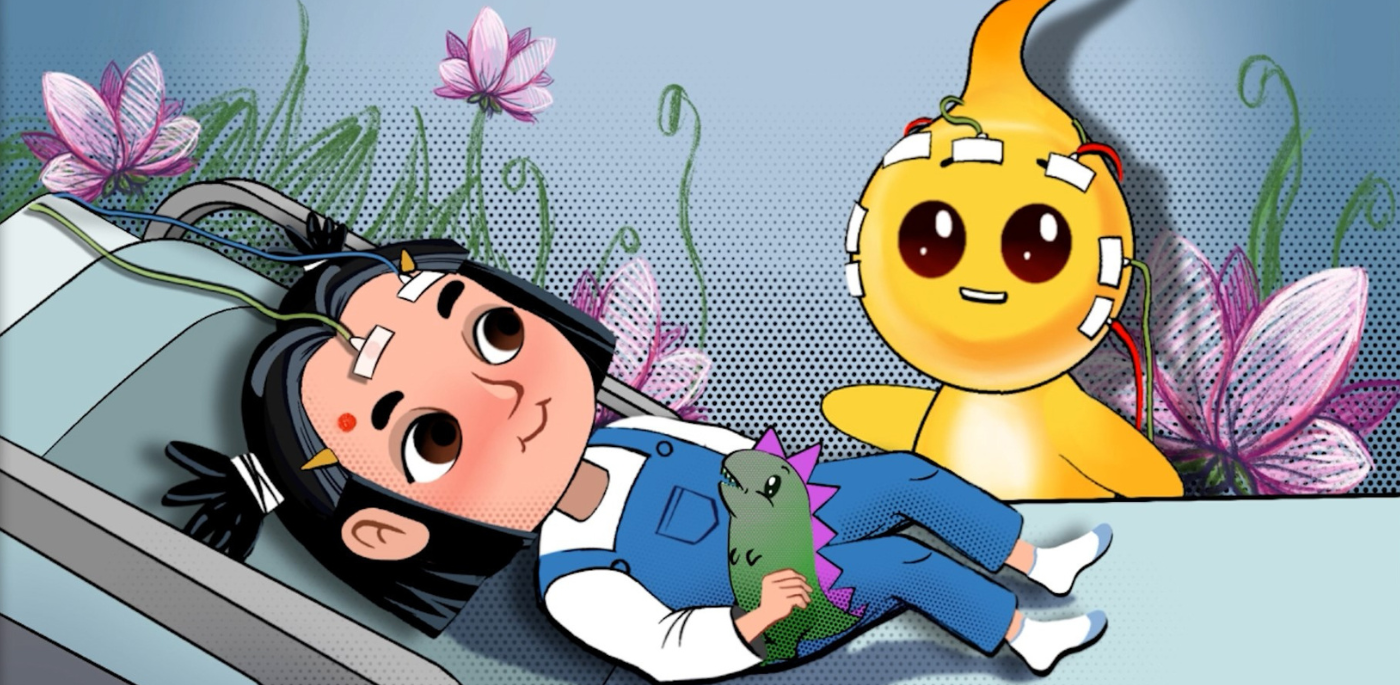


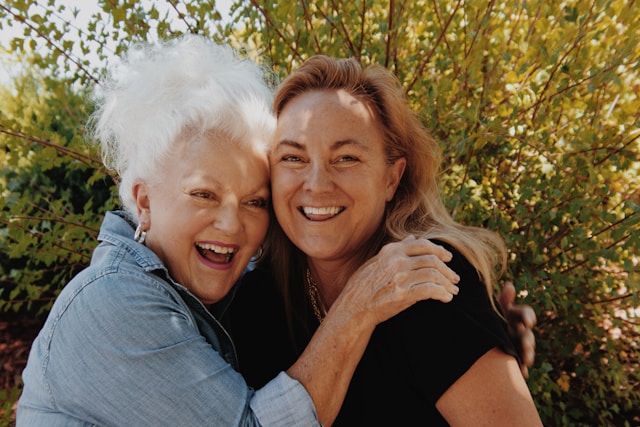
 Lesley Peacock, Programme Manager for Humberside Breast Screening Service, said: “The women with poorer outcomes are those women who don’t come along for their screening appointment. Picking up problems at an early stage can mean the difference between life and death.
Lesley Peacock, Programme Manager for Humberside Breast Screening Service, said: “The women with poorer outcomes are those women who don’t come along for their screening appointment. Picking up problems at an early stage can mean the difference between life and death.